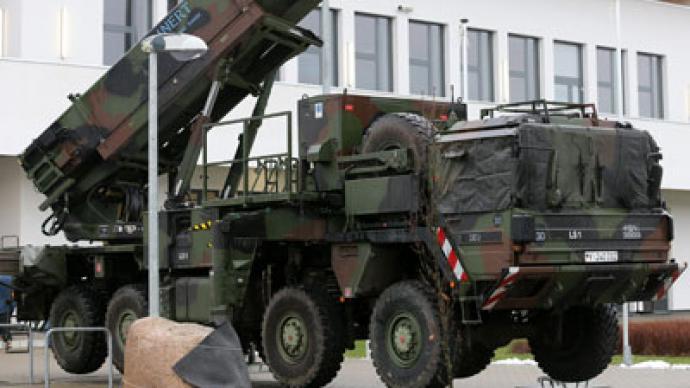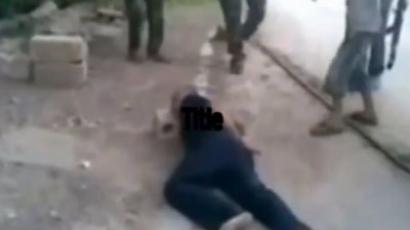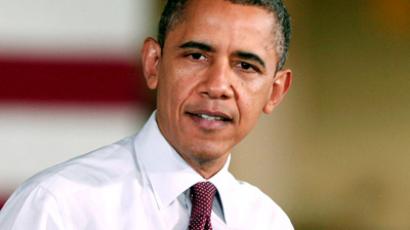UN contingency plan to deploy up to 10,000 peacekeepers in Syria – reports

The UN is considering the deployment of 4,000 to 10,000 peacekeepers in Syria as an emergency measure, reports Russian press, citing UN sources. This comes as the US along with over 100 countries voice support for the nascent Syrian Coalition.
The UN is putting together a contingency plan should the Security Council give the go-ahead for involvement in the embattled nation, reported Russian news agency Ria Novosti, citing sources in the UN.“The problem is that the UN does not have any resources to spare at the moment. We would have to relocate some of the 115,000 peacekeepers currently deployed in different countries and send them to Syria,” an anonymous source told Ria Novosti.The source went on to say that the team of peacemakers would be made up of observers and civilian units as well as troops. The civilian mission would ensure that basic human rights are being observed in Syria.UN-Arab League envoy to Syria Lakhdar Brahimi has signaled the need for a peacekeeper mission to the embattled nation to push for a ceasefire between opposition groups and government forces.“A truce will not hold unless there are observers there to ensure it. I think that it requires the deployment of a peacekeeping mission,” said Brahimi at the end of November. In recent weeks the international community has been stepping up rhetoric concerning the Syrian conflict.Germany and the Netherlands will deploy Patriot missiles on the Turkish-Syrian border at the beginning of 2013 as part of a NATO deal to minimize fallout from the conflict into Turkey.According to reports the deal also stipulates the deployment of 400 American troops and two patriot missile batteries along the Turkish-Syria border.NATO has assured that the missiles are purely for defensive purposes and the protection of Turkish civilians. However, with a range of 160 kilometers, fears have been voiced that the Patriot batteries could be used to create a no-fly zone over Syria. The US also followed suit with Britain, France and the Gulf Arab states, recognizing the new Syrian opposition coalition group as the representative of the country on Tuesday.The US fears that Syrian President Bashar Assad is preparing to use chemical weapons in the fight against opposition forces. The Obama administration has forewarned grave consequences should Assad deploy chemical weapons. Russia still insists that a political solution must be found to the conflict “based on the final communiqué of the Action Group jointly approved on ministerial level in Geneva on June 30,” said Russian Foreign Ministry spokesperson Aleksandr Lukashevich on Friday.The Syrian conflict has raged for over 20 months and claimed the lives of between 20 to 30 thousand people.The international community has thus far failed to come to a unanimous decision on a solution to the conflict. The US and other western powers have been supplying opposition forces with “non-lethal aid” and are calling for the removal of President Assad. In contrast Russia believes that the Syrian people should be the ones to decide the nation’s fate through legitimate elections as oppose to outside interference.














